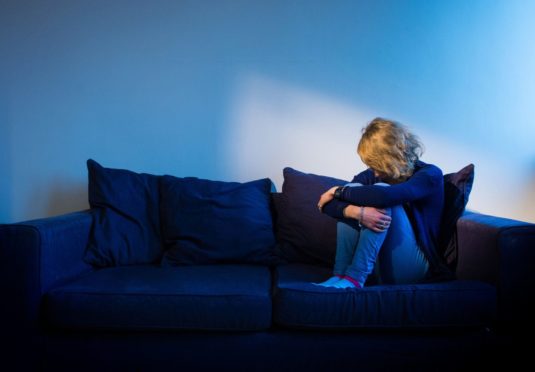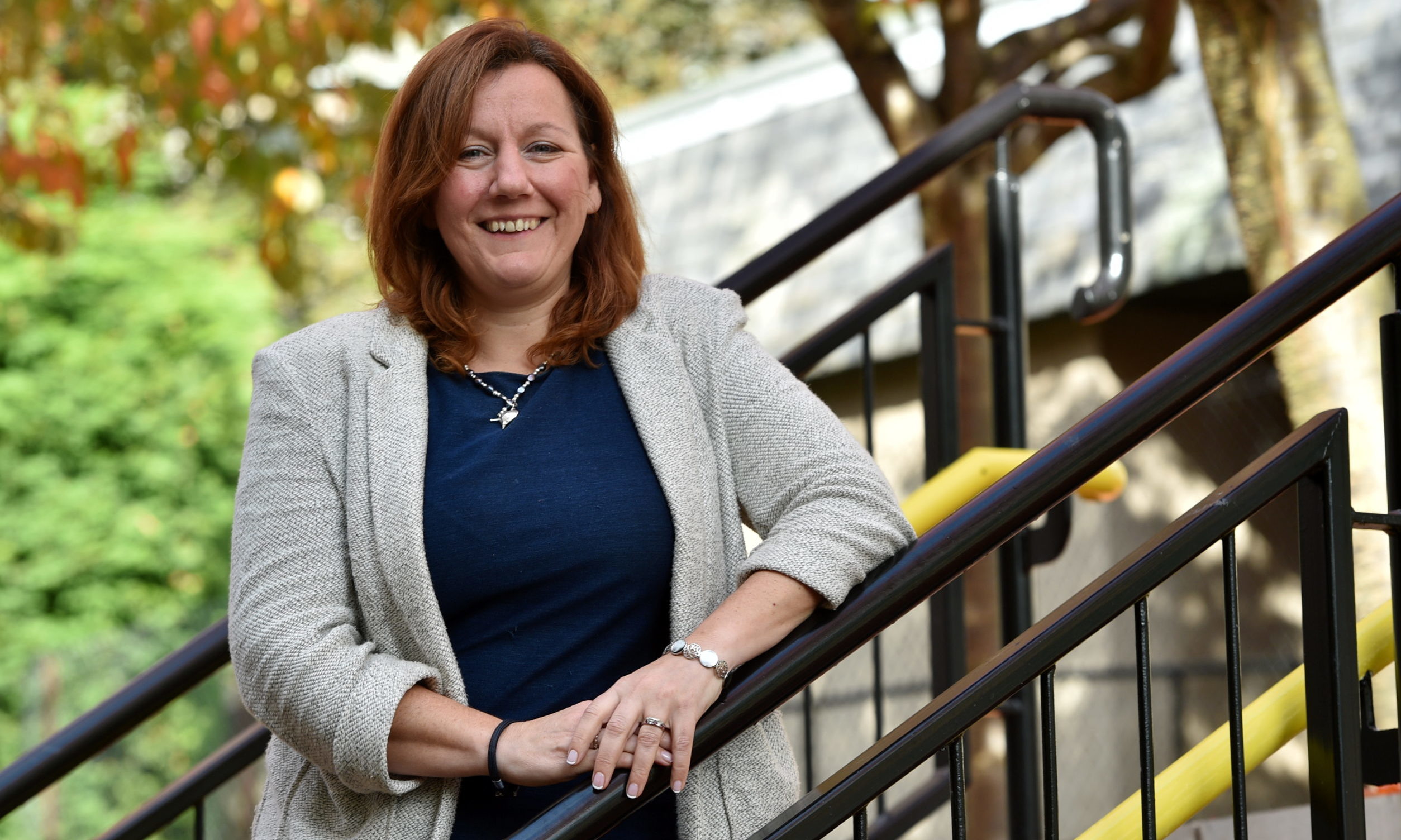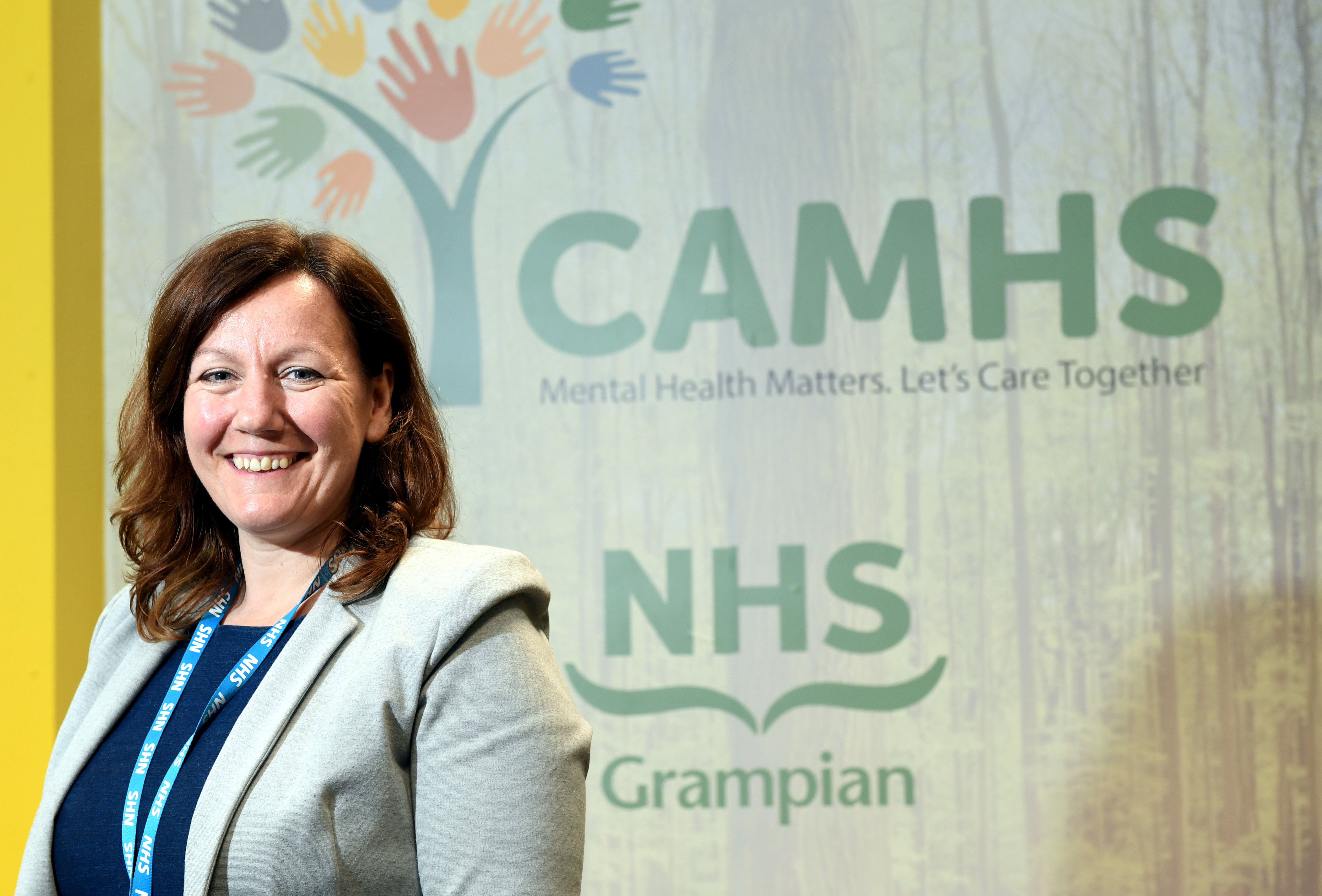A mental health expert has reassured people that the current situation is not “endless” even if it feels that way.
A recent by Bath University laid bare the devastating impact of lockdown on the nation’s mental health.
Of the 800 people who took part, a quarter had significantly elevated anxiety and depression, exacerbated by lockdown and isolation.
Almost 15% of participants reached clinical levels of health anxiety, which means a fear of contracting a serious illness despite medical reassurance.
This is triple what’s considered to be the normal level of clinical health anxiety in the population.
And with lockdown back in place in Aberdeen, people are being encouraged to seek help and support each other.
Dr Lynne Taylor, director of psychology at NHS Grampian, said it was important to understand that negative feelings are “natural” and “OK.”
She said: “Lockdown can feel like an endless situation and you may feel unease, anger, frustration, or a sense of unfairness.
“There is nothing wrong with feeling like that.
“It feels endless – but it’s not. All pandemics have a sense of suspicion around them. There’s an end point for things like natural disasters – but they’re aren’t for pandemics.”
Dr Taylor explained it was important not to create a “stigma” around those who had been socialising when lockdown restrictions eased – the majority had done so and adhered to the rules.
She added: “We learnt so much last time and can show the resilience of the region.
“Aberdeen is the first localised lockdown but this could happen in more places – this might become more normal.
I’m utterly determined to do what I can to approach this lockdown by prioritising my wellbeing too. Up for early morning walk before work today. Come on Grampian colleagues let’s show the rest of Scotland that we can do this with strength, self care, and calmness 💪🙂@NHSGrampian pic.twitter.com/qNlpbaeEzG
— Lynne Taylor (@drlynnetaylor) August 6, 2020
“In Grampian, we need to lead the way by example and compassion and show we can get through this. That will be key in moving forward from this.”
The mental health team at NHS Grampian noticed different responses from the last lockdown on people’s mental health.
Some enjoyed the chance to work from home and spend more time with their family – 12% of people said their mental health got better during lockdown.
But for many, it was a very different story.
As familiar anxieties perhaps arise, Dr Taylor suggested that people visit the health board’s website where a variety of services are on offer, or reach out to a loved one.
She said: ” This isn’t the same for everyone. People reacted differently to the first lockdown, and that will be the case this time round as well.
“What is positive is that we have been through this before – we know what worked for us and what didn’t.
“Focus on things in your control and the simple things – daily exercise, a routine, health eating.
“See lockdown as a chance for self-care and time to look after yourself.
“But also, caring for others gives us a sense of well-being – how is isolation affecting others? Pick up the phone and touch base with your friends and family.
“This may feel endless to many people, but we’ll get through this one day. And it will be easier if we pull together.”


